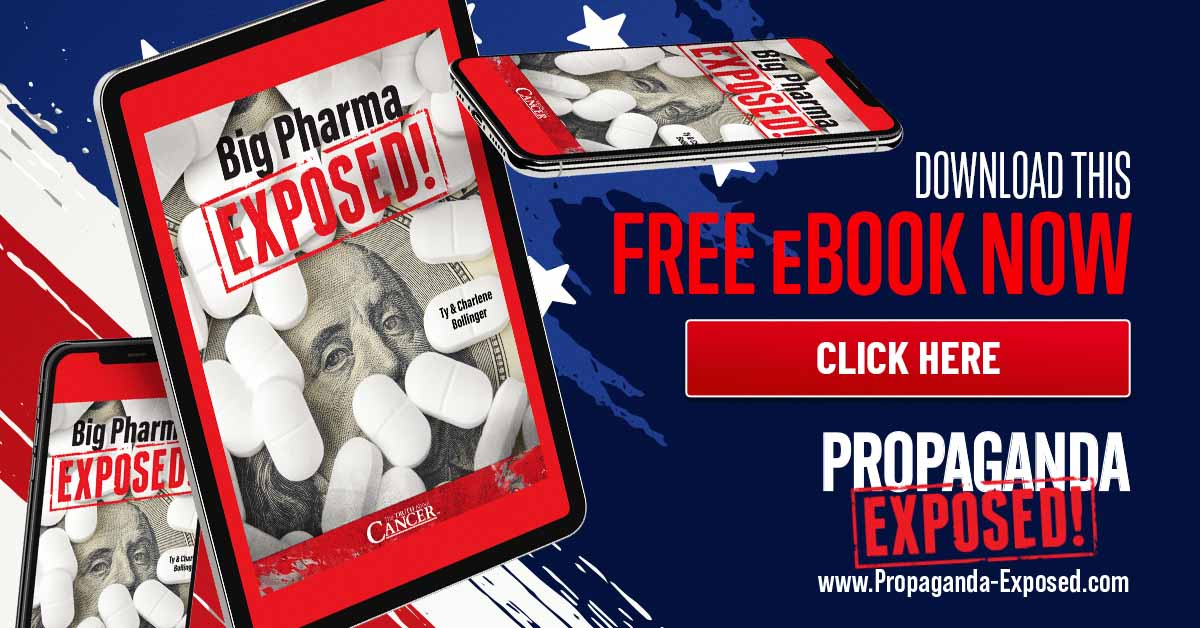It’s difficult to find new ways to tell the same story over and over again, but we’ll have to give it a try. On Friday, Pfizer recalled yet another drug after discovering contamination with a probable carcinogen. The pharmaceutical giant recalled five batches of its Accupril blood pressure medication, while Pfizer’s Canadian division recalled all lots of the medicine after finding the same cancer-causing agent.
The culprit is nitrosamine, known commonly as NDMA. It is a probable carcinogen, meaning that it can likely lead to an increased risk of cancer.
NDMA is an N-nitrosamine, a type of compound that has the generic chemical structure R2N–N=O, a deprotonated amine bonded to a nitroso group. N-nitrosamines are generally formed when a secondary or tertiary amine reacts with a nitrosating agent.
The drugs were distributed in the United States and Puerto Rico between December 2019 and April 2022, a Pfizer news release said. The bottles come with 90 pills and are prescribed in 10mg, 20mg and 40mg increments. The number of pills per bottle can be broken down into smaller amounts.
Nitrosamines are ubiquitous, popping up in water and foods like cured and grilled meats, plus dairy products and vegetables. Everyone is exposed to nitrosamines in some capacity, but the risk of cancer increases with exposure to higher levels, especially over longer periods of time.
Nitrosamines have been the culprit behind countless recalls in recent years—most notably on valsartan blood pressure meds and metformin diabetes drugs. An overabundance of nitrosamines also prompted Pfizer’s sweeping Chantix recall in 2021.
In 2018, blood pressure medication valsartan, sold under the brand name Diovan, was also found to be contaminated. In that case, the FDA issued a voluntary recall of the drug, citing the risk of developing cancer.
Last year, Pfizer expanded its recall of anti-smoking drug Chantix after testing found high levels of carcinogenic material in the pill. The leading prescription for smoking cessation, Chantix is prescribed to over half a million people each year and accounts for $1.1 BILLION in revenue for Pfizer each year.
Because these N-nitrosamine contaminants are possible carcinogens, regulatory agencies have been deeming the drugs unsafe for people to take and recalling them from shelves. Valsartan was recalled in July 2018, followed that October by irbesartan and in November by losartan, two other ARBs also found to contain NDMA and the related compound N-nitrosodiethylamine (NDEA).
In September 2019, the FDA alerted the public to the presence of NDMA in certain lots of ranitidine, available over the counter as Zantac, and manufacturers pulled it from the shelves in the next few months. Nizatidine, another heartburn medication, was recalled by manufacturer Mylan in January 2020. And most recently, the FDA suggested that manufacturers of ranitidine recall all lots and types of these medications. NDMA has also been found in metformin, a diabetes drug taken by over 15.8 million people worldwide. Since May 2020, various companies have recalled more than 170 products containing metformin.The FDA website has a full, searchable list of these products.
Unfortunately, the issue of Pfizer making millions of dollars by selling unsafe drugs isn’t new. Pfizer has paid out BILLIONS in fines and settlements for promoting unsafe products, pushing off-label use on doctors, and lying about the safety or efficacy of their products.
In 2009, Pfizer (and its subsidiary Pharmacia & Upjohn Company) paid $2.3 BILLION to settle criminal and civil liabilities for illegal promotion of their pharmaceutical products. The amount included payment of more than $102 million in civil settlement to six whistleblowers of the company’s fraudulent practices.
Bextra, an anti-inflammatory drug that was withdrawn from the market in 2005 due to safety concerns, was marketed by the company for various off label uses. The company also illegally promoted several other drugs, including antipsychotic drug Geodon, antibiotic Zyvox, and anti-epileptic drug Lyrica. Healthcare providers received payments for prescribing these drugs to patients for off-label use… literally bribing doctors to prescribe untested and unapproved drugs to patients.
False claims were submitted to government healthcare programs, allowing them to bypass the insurance programs. Pfizer had to pay approximately $1 BILLION to Medicare, Medicaid, and other government insurance programs under the settlement.
It certainly doesn’t hurt that Pfizer seems to have regulators in their pocket. In 2019, FDA Commissioner Scott Gottlieb stepped down from his role as the head of the regulatory body. Less than 3 months later, he took a lucrative position on the Pfizer board of directors.
The announcement has received much criticism, with one U.S. Senator calling for his resignation, saying that the move “smacks of corruption.” Leigh Turner, a bioethicist at the University of Minnesota, tweeted the following:
“The next chapter of Scott Gottlieb’s career will be played out in the inner sanctums of Big Pharma — forever reinforcing the FDA’s critics of the revolving door between the agency and the industry.”
The sad truth is that this latest recall is just a small glimpse into the evil inner workings of a medical mafia that’s willing to do anything and everything to make an extra buck. To learn more about the history of corruption and criminality in the pharmaceutical industry, download our FREE eBook: Big Pharma EXPOSED!
Source: Pfizer Recalls Carcinogenic Blood Pressure Meds

